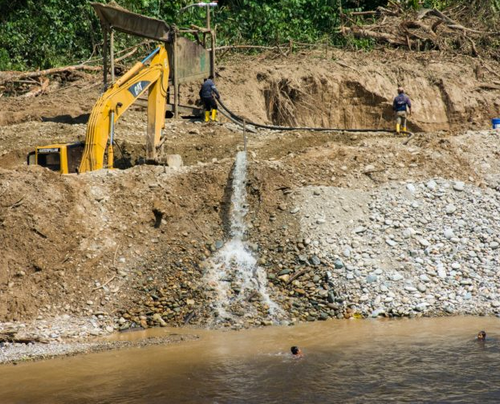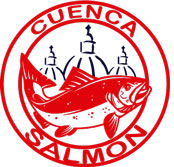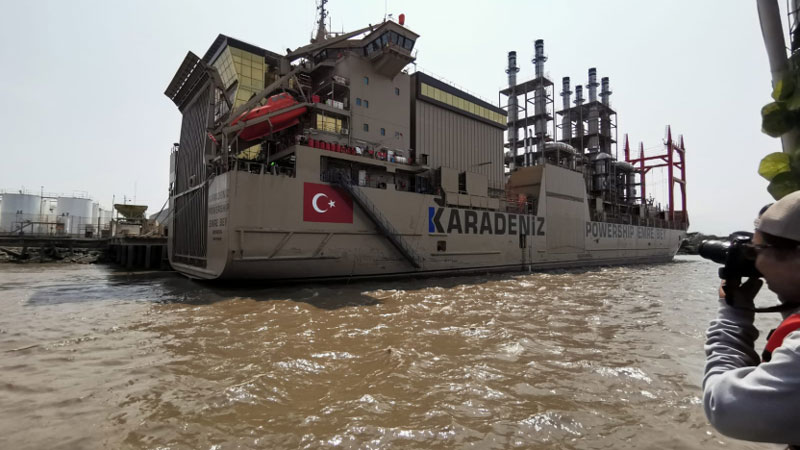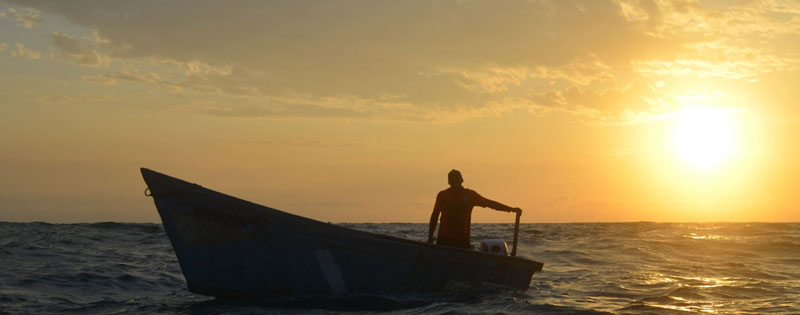Police and military operations reduce gold exports; Poor families get electricity relief; Light rain, reduced usage delay water cuts by at least a week
Industry and government officials say the reduction of gold exports is a sign that law enforcement operations against illegal mining are working. In the first six months of 2024, gold exports totaled $545 million compared to $654 million in the same period of 2023.
period of 2023.
“The reduction is even more impressive when you consider the price of gold is almost 30% higher this year than last year,” said María Eulalia Silva, President of Ecuador Chamber of Mining. “The efforts of police and armed forces are having the desired effect and many of the illegal operations have been closed or disrupted since the beginning of the year. We need much, much more of this from the government.”

Gold mining experts say it is difficult to differentiate gold exported from legal and illegal gold mines in Ecuador. They say buyers often don’t care.
Silva said that both legal and illegal gold exports are counted by international buyers. “It is hard to tell what amount of sales are from legitimate sources and what amount is not,” she said. “With criminal gangs moving into mining operations, the pressure is increasing on the government to control it.”
Former Deputy Minister of Mines Diego Ocampo claims that large amounts of drug money are being laundered through the mining process. “The gangs not only see mining as an opportunity to make more money but also to wash and hide the money they make with cocaine,” he says. “Some of the sanctioned mines have become involved in criminal activity because of the extra money they can make and, of course, the pressure on illegal mining is off the charts.”
He added the complexity of the mining process makes money laundering easy. “You not only have the mines themselves, but the processers and buyers are also part of the network, and many of these operations do not keep good records,” he said. “Greed is a strong factor with gold and many in the industry do not care about the origin of the product.”
Like Silva, Ocampo says government operations are affecting illegal mining activity. “The total number of ounces sold this year is far below the number from last year, which indicates that these efforts are working. The fight against illegal mining is an area in which the armed forces can make big difference since they have the firepower to confront the criminals whereas the police do not.”
Poor families get electricity relief
Ecuadorian households that use less than 180 KW of electricity a month will not be billed in December 2024 or January and February 2025. President Daniel Noboa made the announcement Monday, saying the poorest Ecuadorians “need some relief” in hard economic times.
According to Government Minister Arturo Félix Wong, the subsidy will benefit 3.5 million Ecuadorians and cost the government $34 million.
“This year has been difficult for our poorest citizens,” Noboa said in a video statement. “The government has had to take tough measures to save families and the country from the financial debacle in which the government was left,” referring to the increase in the VAT tax and higher gasoline prices. “We must take care of those who suffer the most.”
Light rain and reduced usage delay water cuts
Although water rationing remains an option, Cuenca officials say it will not begin for at least a week. “We had some light rain over the weekend and today [Monday],” Cuenca Mayor Cristian Zamora said. “We have also benefited from conservation efforts by our citizens and have seen a 10% to 12% reduction in water usage.”
Zamora said the goal is a 20% reduction. “We urge all Cuencanos to conserve water and help keep our reservoirs full.”
Earlier Monday, Cuenca Potable Water Director Fabián Cazar, said his office is taking “extraordinary” actions to maximize water collection at facilities on the west side of the city. “Because the Cajas watershed is depleted, we are processing low waterflow, which means high levels of sedimentation,” he said. “When water flow from the mountains is reduced, it contains more rock and soil, which must be filtered out before it enters the holding ponds.”
One result of increased filtration, says Cazar, is that less water is available to flow into Cuenca’s rivers. “We are extracting water for drinking that would otherwise flow into the Rios Tomebamba and Yanuncay.”
















